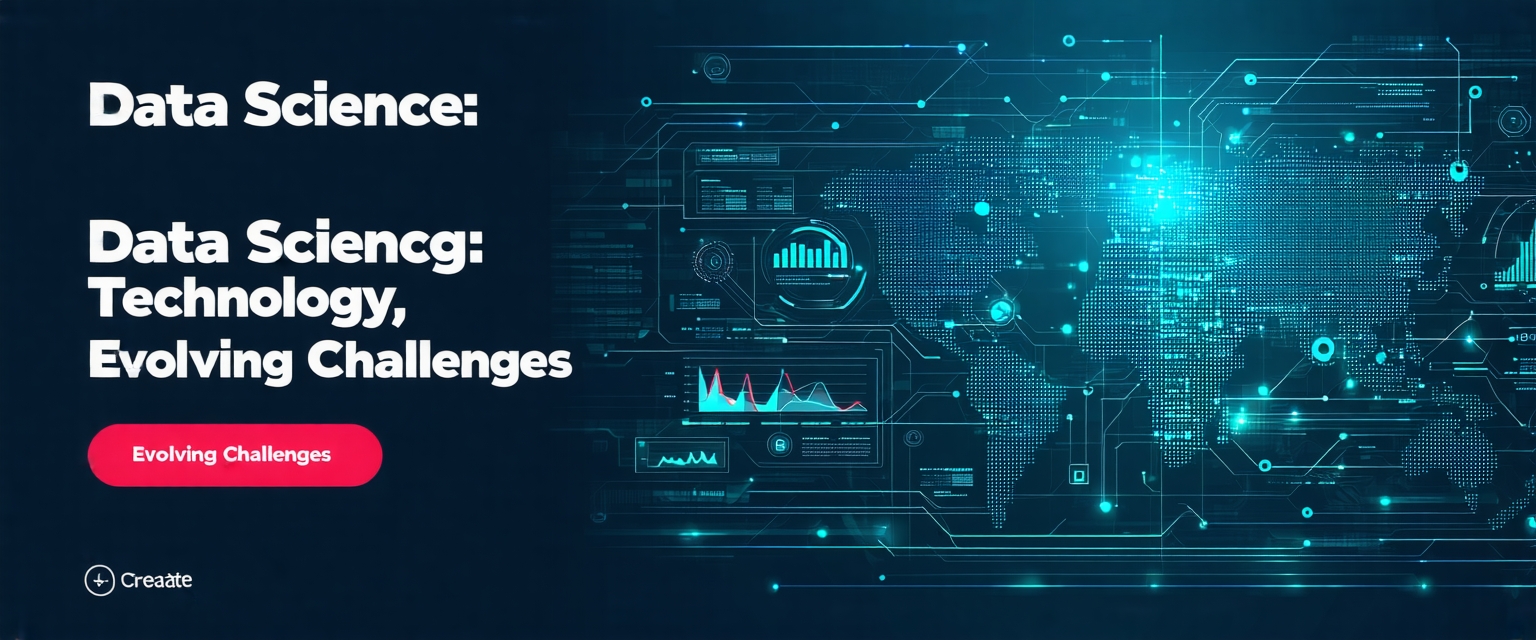






Data science, the interdisciplinary field of extracting knowledge and insights from structured and unstructured data, has rapidly evolved from a niche academic pursuit to a cornerstone of modern business and research. Driven by exponential increases in data volume and computational power, data science continues to transform industries, posing both exciting opportunities and significant challenges.
The foundations of data science were laid in the latter half of the 20th century with advancements in statistics, computer science, and machine learning. The explosion of the internet and the rise of big data in the early 21st century, however, propelled data science into the forefront. The ability to collect, store, and process vast datasets opened up unprecedented possibilities for analysis and prediction across diverse sectors.
Recent developments are focused on enhancing the efficiency and ethical implications of data science. This includes advancements in areas like explainable AI (XAI), which aims to make machine learning models more transparent and understandable. Furthermore, the rise of federated learning allows for collaborative model training on decentralized data, addressing privacy concerns.
Another significant trend is the increasing use of cloud computing platforms to facilitate data storage, processing, and analysis. This allows businesses of all sizes to access powerful data science tools and infrastructure without significant upfront investment.
According to a recent report by Gartner (“Gartner Predicts 2024: AI and Data Science,” 2023), the demand for data scientists and related professionals will continue to grow exponentially, driven by the increasing adoption of AI and machine learning across all industries. Furthermore, Professor David Hand, a leading figure in statistical science, emphasizes the critical need for robust data quality and ethical considerations in the development and deployment of data science models (Hand, “Principles of Data Mining,” 2016).
The future of data science holds immense potential, with opportunities to solve complex problems in healthcare, climate change, and finance. However, significant risks also exist. Bias in algorithms, data privacy concerns, and the potential for misuse of AI-driven insights require careful consideration and proactive mitigation strategies.
Moving forward, we can anticipate further advancements in AI, particularly in areas like natural language processing and computer vision. The integration of data science with other emerging technologies, such as the Internet of Things (IoT) and blockchain, will also drive innovation and create new possibilities. Addressing ethical concerns and fostering data literacy will be critical for realizing the full potential of data science while mitigating its risks.
“`